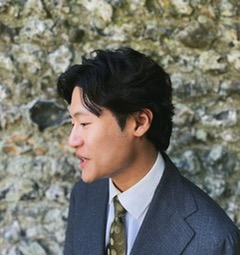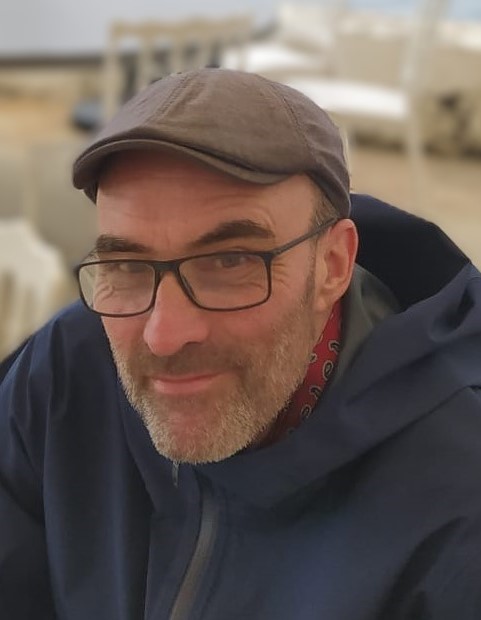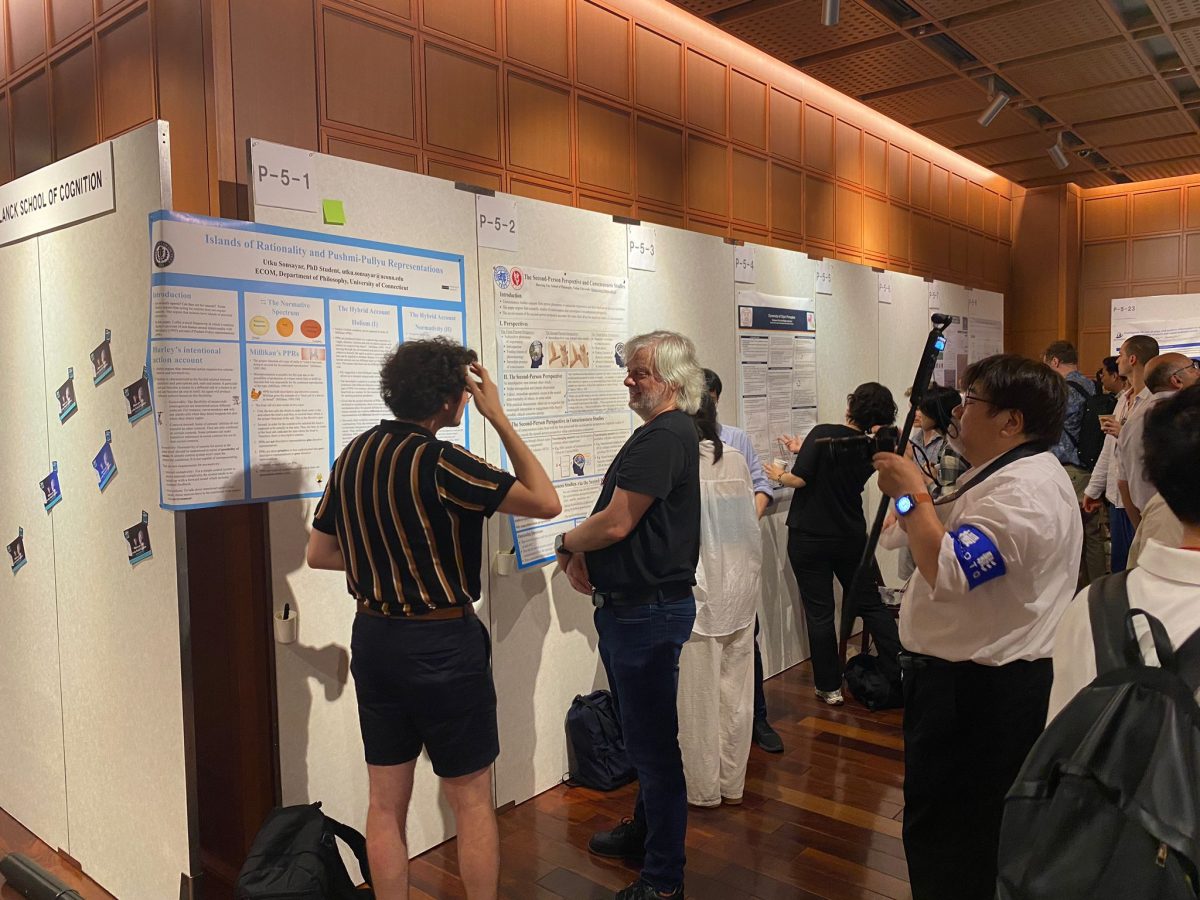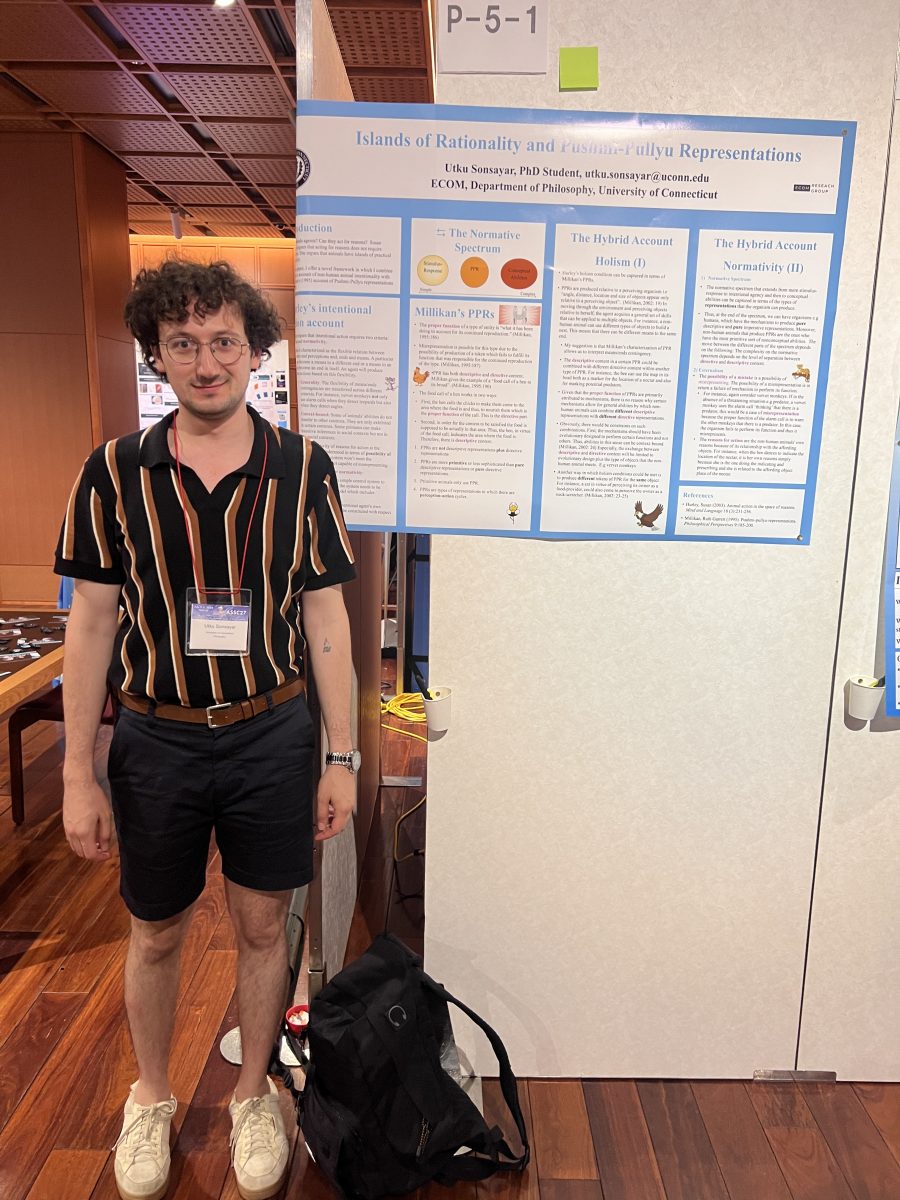We are excited to announce that Ashley Shaw is going to visit ECOM in Fall 2024!
Ashley Shaw is a Leverhulme Early Career Fellow in Philosophy at the University of Leeds. He received his PhD from UCL in 2019. He works in the Philosophy of Mind and Action; in particular, on the nature of desire, rational agency, reasons for action, and how they are related. He is currently working on a book on the nature of desire in rational agents, as well as related projects on need, self-control, and self-knowledge of desire.



